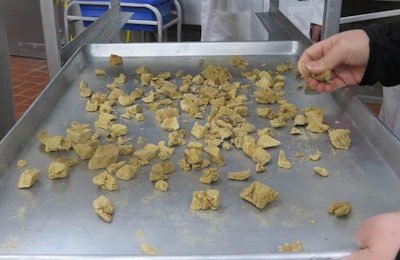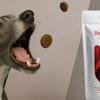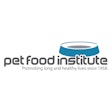
Freeze-dried meat in pet food may offer advantages in shelf-stability, nutrition and convenience over dehydrated, frozen or otherwise preserved protein sources. Those benefits may extend to novel proteins, which pet food ingredient suppliers are now investigating. However, certain processing factors and conditions influence the quality of the freeze-dried proteins used in pet food, said Poulson Joseph, PhD, principal scientist with pet food preservative and palatant supplier Videka, in a video from Petfood Forum.
“Freeze-drying is a combination of two technologies, freezing and drying,” he said. “So on one hand, we have frozen foods. Those are great, but the catch is, you've got to have a freezer or frozen storage conditions for long-term preservation.
“On the other hand, we have dehydrated food,” he said. “Again the objective is to make the food shelf-stable for a long time, the idea is to apply heat and remove moisture. The concern is that there is some nutrient loss when you cook it or when you rehydrate the pet food products.
“The advantage of freeze-drying is that you can retain the freshness along with the quality if you do the techniques and processes right,” Joseph said.
Joseph and his team at Videka are working to understand how freeze-drying affects novel proteins. They aim to improve procedures for incorporating freeze-dried novel proteins into pet food.
“We’re trying to find the stability of novel proteins in comparison with regularly used protein ingredients or raw materials,” he said. “It's not complete research yet, but an early look into novel proteins from an oxidative stabilty standpoint.
About Petfood Forum events
Petfood Forum is the not-to-be-missed trade show event for pet food professionals from around the world to network, exchange ideas and do business with one another and with the industry's leading pet food manufacturers and suppliers.



















